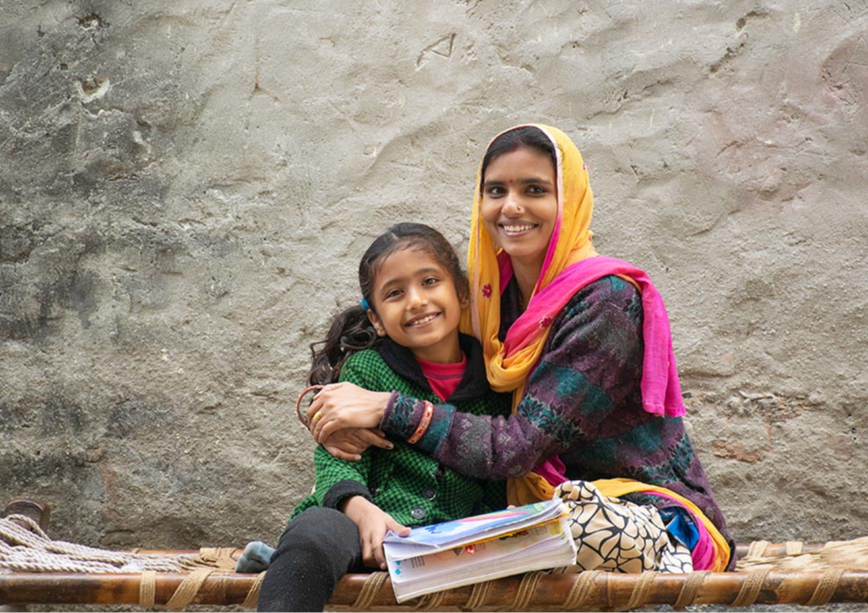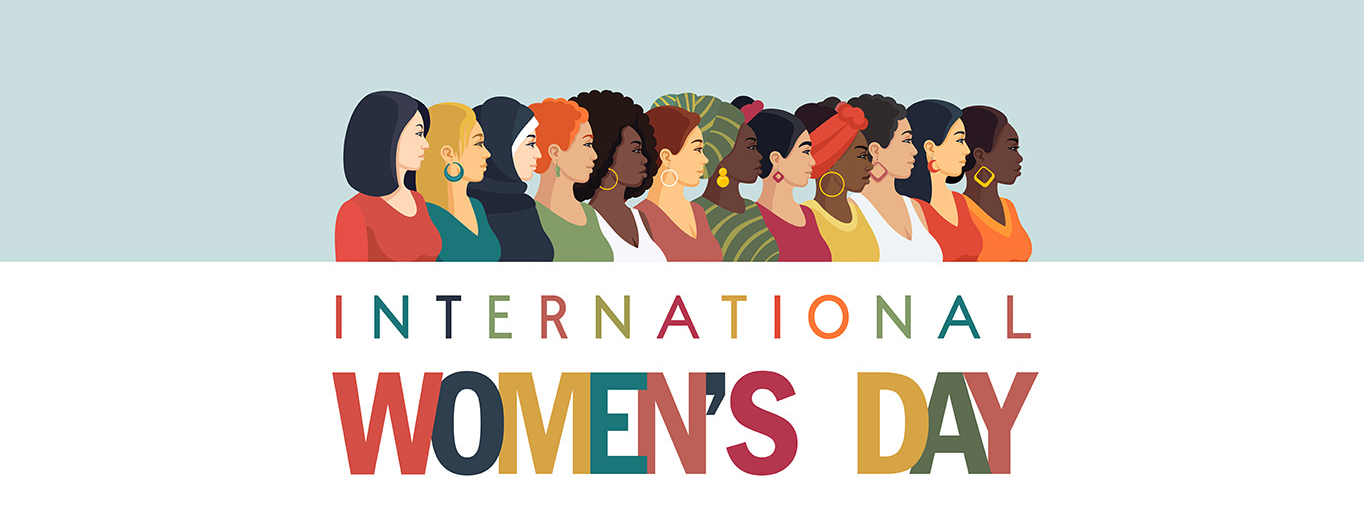
This article is part of the series — International Women's Day
Since time immemorial, in India and probably the world over, traditional gender roles mean that a lot of the household work burdens the women of the house. Times are changing but no one still gets paid for household work. Overall, to calculate the national income, household work or caregiving activities which are primarily the women’s responsibility are considered unproductive since they do not add to the Gross Development Product (GDP) of the country. This perhaps conveys how so many significant contributions made by women go unnoticed in a world where money is the easiest yardstick to measure success. The first Time Use Survey (TUS) conducted by the National Statistical Office (NSO), which is a wing of the Ministry of Statistics and Programme Implementation in 2019, found that an average Indian woman spends 243 minutes on unpaid caregiving activities and household work—almost 10 times the time an average man does.
A malnourished mother is more likely to birth a malnourished child which has repercussions for future nutrition, health, education, and earnings of the child.
Across the world, 81 percent of all caregivers, formal and informal, are female, and they may spend as much as 50 percent more time giving care than males. Even though more men are taking up the role of caregiving, women in India still shoulder twice the burden of caring for the sick or disabled in their families. Further, the first one thousand days referred to the window of opportunity, i.e., the 1,000 days between pregnancy and a child's 2nd birthday which are the most critical time for positive impact on a child's cognitive and physical development, begin in-utero. Thus, in the first 270 days, the health and nutrition of the foetus are completely dependent on the mother. A malnourished mother is more likely to birth a malnourished child which has repercussions for future nutrition, health, education, and earnings of the child.
Fetching water in India in rural areas is also assumed to be a women’s job in the rural areas placing the burden of accessing water on women. Girls drop out of school as they are entrusted with this responsibility. Women in India spend around 374 hours annually on average to gather firewood. In fact, caregiving and household responsibilities which are presumed to be the responsibility of women lead them to look for jobs which do not match their true potential, and when they do find employment to their potential, they are paid less than men.
The contributions of women in household work such as cooking, cleaning, fetching water and caregiving activities starting from carrying a baby to caring for them and other elderly, differently abled, or ill persons in the family cannot be undermined.
Fetching water in India in rural areas is also assumed to be a women’s job in the rural areas placing the burden of accessing water on women.
Why do women do it? The answer is not simple. Biology plays an important role in shaping maternal instinct, as it involves hormonal, neural, and genetic factors that influence maternal behaviour and a natural caregiver’s instinct. However, maternal instinct is not only a biological phenomenon but also a social and cultural one. From childhood, many women are taught to fulfil the obligation of taking care of others. It is assumed that a woman is naturally good at caregiving and most of this work is bypassed to them in a household.
The Constitution of India upholds the principle of gender equality and gives the State the authority to design positive measures for women. Given the complex nature of activities which women undertake, which are deemed unproductive much like the water-diamond paradox, there are multiple policies which promote women's empowerment. The Nari Shakti Vandan Adhiniyam (2023) seeks to reserve 33 percent of seats for women in Lok Sabha, state legislative assemblies. Involving women in designing and implementing programmes which affect them directly such as WASH (water, sanitation, and hygiene) and literacy and health outcomes will socially include them and ensure gender equality further. Greater gender equality will ensure women also receive parity in pay. There are a few schemes already in place to support women in attaining financial freedom. Women can start their own enterprises with the help of schemes like Pradhan Mantri Mudra Yojana, Stand-Up India, and the Prime Minister’s Employment Generation Programme (PMEGP), initiated by the government. Yojana (PMUY) aims to keep women healthy by providing them with clean cooking fuel and relieving them from the burden of collecting firewood. However, further government policies and initiatives need to be adopted to push for women’s empowerment
Given the complex nature of activities which women undertake, which are deemed unproductive much like the water-diamond paradox, there are multiple policies which promote women's empowerment.
Women must acknowledge and appreciate their intrinsic worth, as well as the significance of the work they contribute. This encompasses not only traditional caregiving roles within the family, such as nurturing children and tending to household chores but also extends to the often unrecognised emotional labour and support that women provide in various spheres of life. The world will not survive without the invaluable contributions of the women.
Priya Rampal is the quantitative lead at the Oxford Policy Management office in Delhi working on the monitoring and evaluation of health and nutrition programmes in Rajasthan.
The views expressed above belong to the author(s). ORF research and analyses now available on Telegram! Click here to access our curated content — blogs, longforms and interviews.




 PREV
PREV



